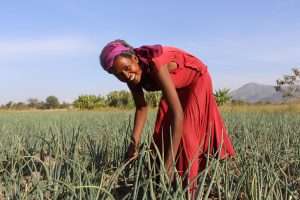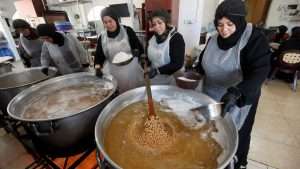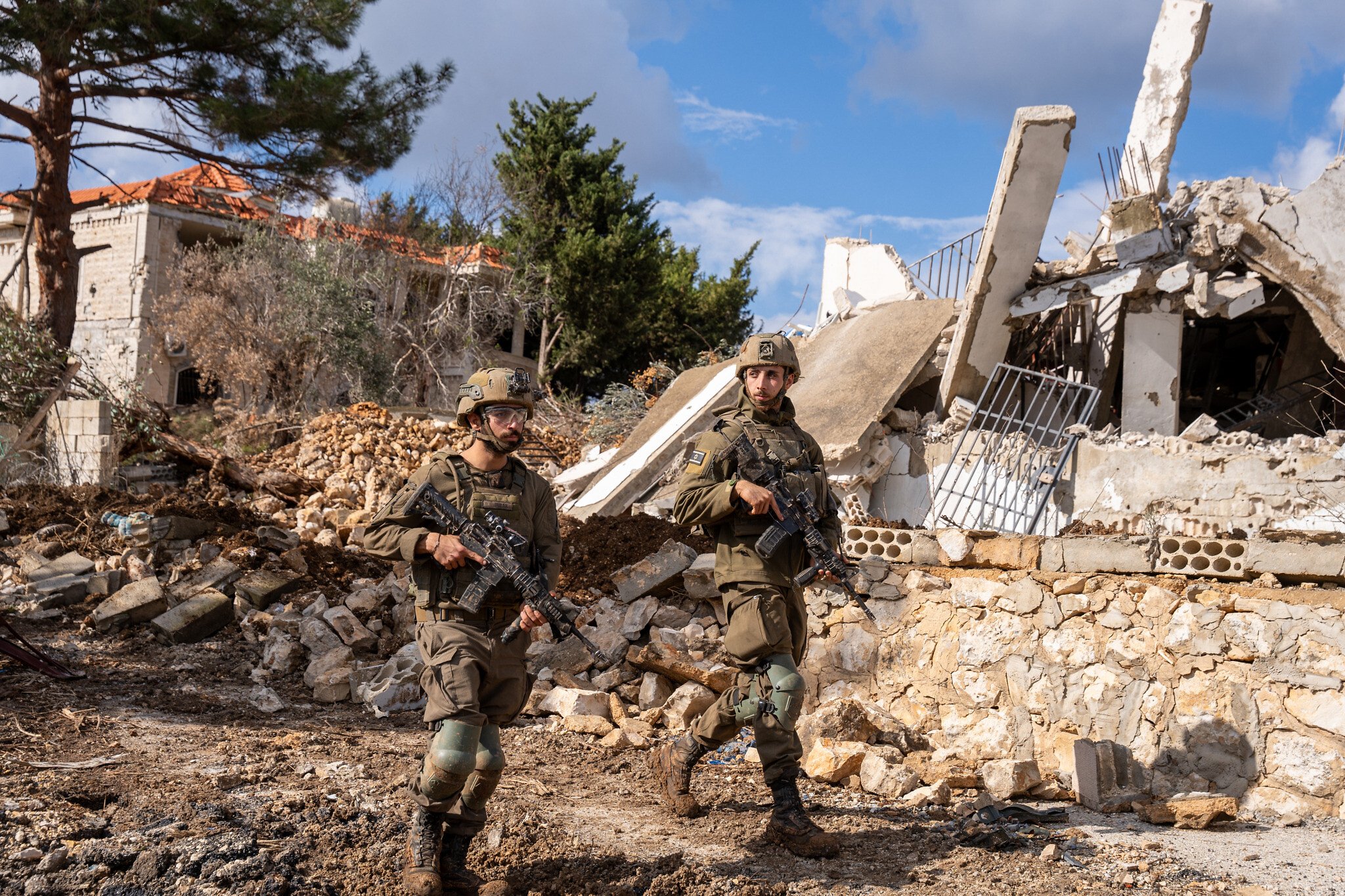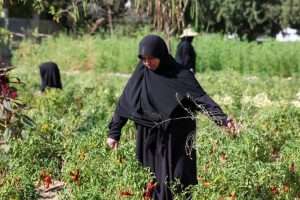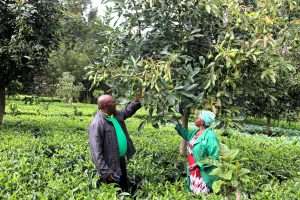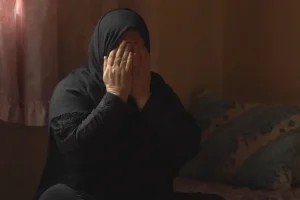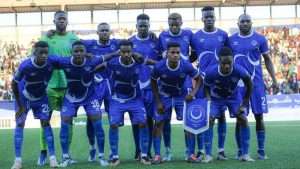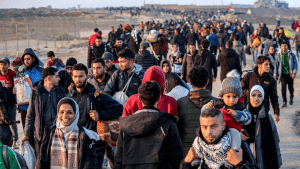MENA: what happens when women’s football meets Islam?
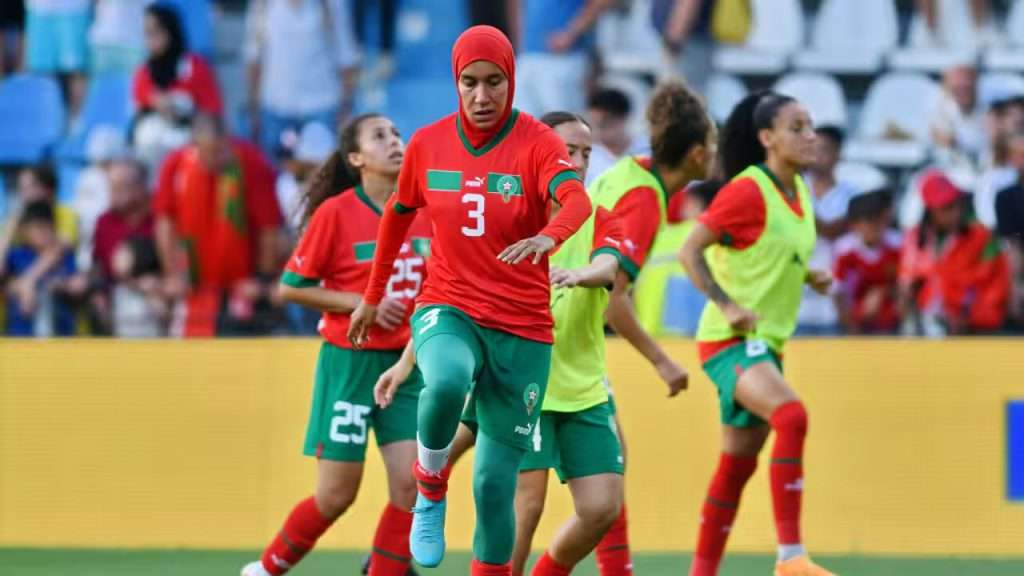
The Confederation of African Football (CAF) has announced that it will increase the total prize fund for this month’s Women’s Africa Cup of Nations (WAFCON), African Football reported on July 4. In an official statement, CAF said that the total prize money for the tournament has been boosted by 45%.
According to the statement, the winners of the tournament will receive $ 1,000,000, the runners-up will be awarded $500,000, and third and fourth place will be given $350,000 and $300,000, respectively.
Dr. Patrice Motsepe, president of CAF, said that the increased prize fund “should contribute to the increase of the salaries of Women Football players, coaches, and employees.”
“The quality and standard of Women’s Football in Africa is consistently improving and is world-class,” she added. “CAF is continuing with its commitment to the development and growth of Women’s Football in Africa.”
For years, women in the Middle East and North Africa have encountered major cultural and societal obstacles when it comes to participating in sports. Restricted access to facilities and entrenched gender norms have made the journey for female athletes challenging.
Due to initiatives like Saudi Arabia’s Vision 2030, together with organisations like CAF and WiMENA (Women in the Middle East and North Africa), women’ sports are undergoing a revival. Recent cultural and societal shifts have advanced female sports and women across the region are now entering competitive spheres and setting new records.
Female footballers are increasingly seen as role models, inspiring women and girls and contributing to broader societal changes towards gender equality and healthier lifestyles.
Redefining sports as compatible with Islamic values has been a major cultural shift that has advanced women’s football across the region. By highlighting the health benefits and the role of sports in strengthening community bonds, governments and organisations have played a key role in transforming social attitudes toward women’s participation in sports.
Government-funded initiatives have also had a huge impact on advancing women’s football. Saudi Arabia, where women were largely prohibited from attending sporting events as spectators until 2018, has launched its own Regional Training Centres (RTC) program in its capital city Riyadh. The training facility was launched to narrow the development gap between men’s and women’ sports.
“Our mission is simple: we want to inspire and offer new opportunities for girls throughout the country to realize their dreams and showcase their talent and love for the beautiful game,” Aalia Abdulaziz AlRasheed, Head of Women’s Football for Saudi Arabian Football Federation (SAFF), told NEOM Sport. “Our journey has inspired millions along the way, not just in Saudi Arabia but across different parts of the world. We are not doing this alone.”
“Today, 60 international players from 20 nationalities play in our leagues and have joined us on this journey. We are living in hugely exciting times and there is so much more to come from Saudi women’s football in the years to come,” AlRasheed added.
Last year, Morocco’s national female team made their biggest victory to date after they became the first Arab nation to qualify for the 2023 Fifa Women’s World Cup in Adalaide, Australia. In recent years, Tunisia’s women’s squad has also become more active in international competitions. Since 2020, the team has participated in the Women’s Africa Cup of Nations, the Arab Women’s Cup and the UNAF Women’s Tournament.
According to Campaign Middle East, a staggering 61% of women’s sports fans in Saudi Arabia follow football. During the Women’s Africa Cup of Nations in 2022, Red Europea de Mujeres Perodista reported that 60,000 people attended the final held in Rabat – setting a continental record.
To keep this momentum, investment in infrastructure, inclusive policies and long-term planning are essential. While there seems to be a new attitude towards women’s football emerging in the region, there also remains a pressing need for fully integrated talent pathways that support young girls in advancing from grassroots football to professional-level participation.
“While the success of a country, team or player plays a huge role in keeping fans engaged, the industry needs to continue to drive interest through greater prominence, cross promotion and adapting marketing and activation strategies to appeal to the unique nature of the different fan behaviours within women’s sport,” Tammy Parlour, the CEO and co-founder of Women’s Sport Trust, said.
Women’s Sports Trust is the leading UK charity focused on using the power of sport to accelerate gender equality. “Fans have more information and choice than ever before and women’s sport has to compete with wider entertainment properties for visibility and cultural relevance,” Parlour added.
African Football, NEOM Sport, Campaign Middle East, Women’s Sport Trust, Maghrebi.org
Want to chase the pulse of North Africa?
Subscribe to receive our FREE weekly PDF magazine





